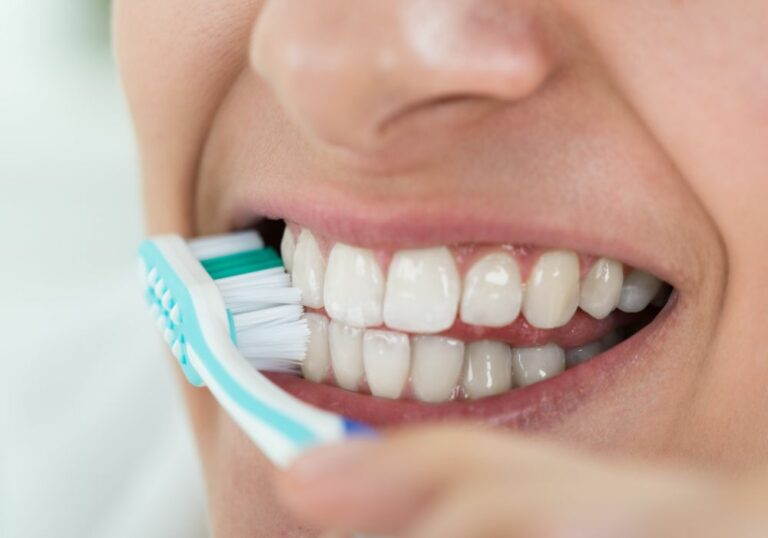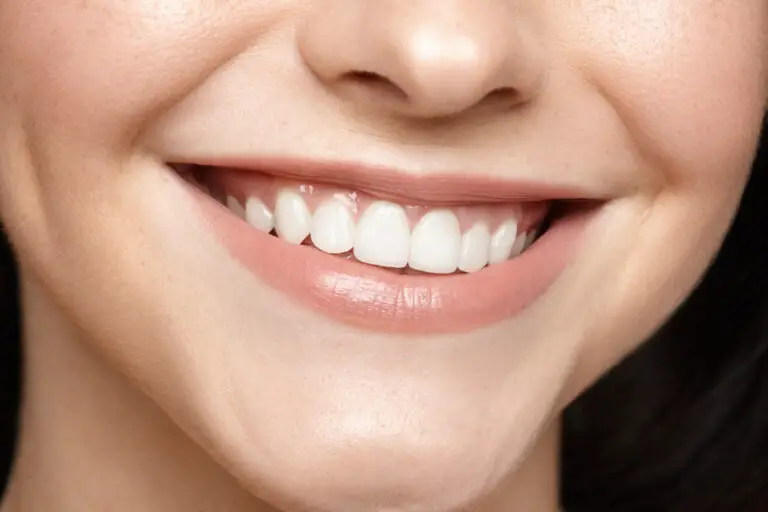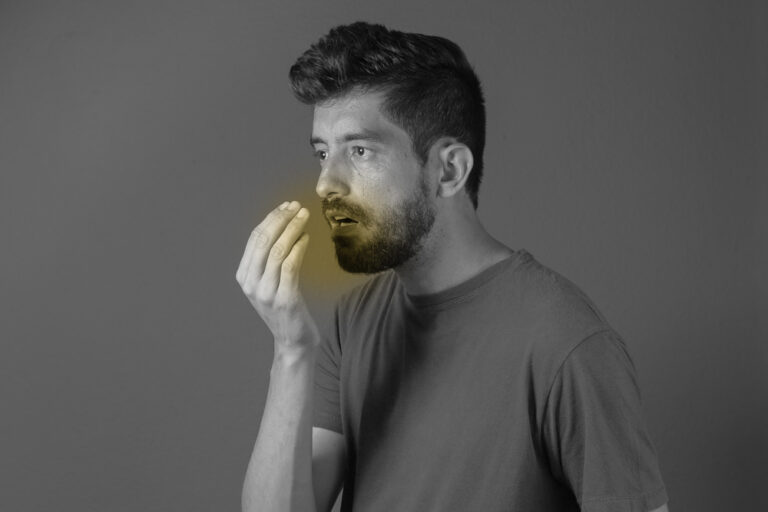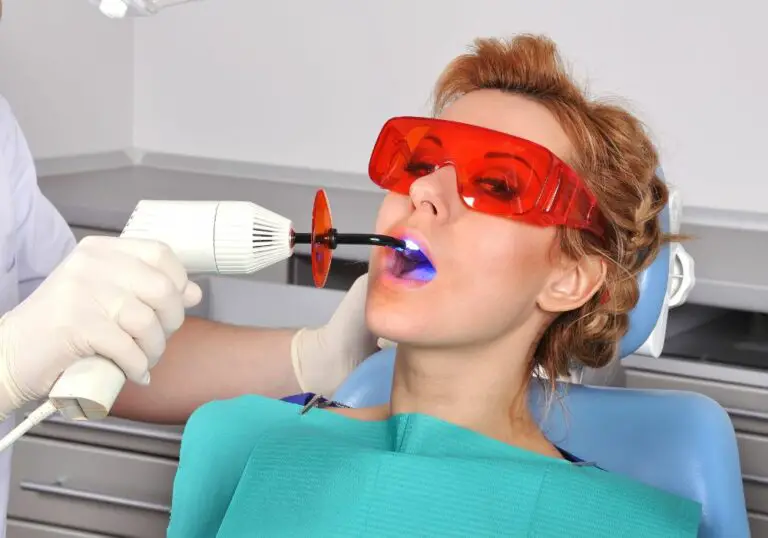Tooth pain can be a frustrating and uncomfortable experience, especially when it seems to come and go randomly. If you’re experiencing this type of tooth pain, you may be wondering why it’s happening and what you can do to prevent it. In this article, we’ll explore some common causes of tooth pain and provide tips for preventing and managing it.
Understanding tooth pain is the first step in figuring out why your teeth may be hurting randomly. Tooth pain can range from mild sensitivity to severe pain, and can be caused by a variety of factors, including tooth decay, gum disease, and tooth damage. By understanding the underlying causes of tooth pain, you can take steps to prevent it from happening in the first place.
Common causes of tooth pain include cavities, gum disease, and tooth sensitivity. Pain can also come and go due to changes in temperature or pressure, or as a result of grinding or clenching your teeth. By taking steps to prevent these issues, such as practicing good oral hygiene, wearing a mouthguard at night, and avoiding foods and drinks that can cause sensitivity, you can reduce your risk of experiencing random tooth pain.
Key Takeaways
- Tooth pain can be caused by a variety of factors, including decay, gum disease, and sensitivity.
- Changes in temperature or pressure, as well as teeth grinding or clenching, can also cause tooth pain to come and go randomly.
- Preventing tooth pain involves practicing good oral hygiene, protecting your teeth from injury, and avoiding triggers that can cause sensitivity.
Understanding Tooth Pain
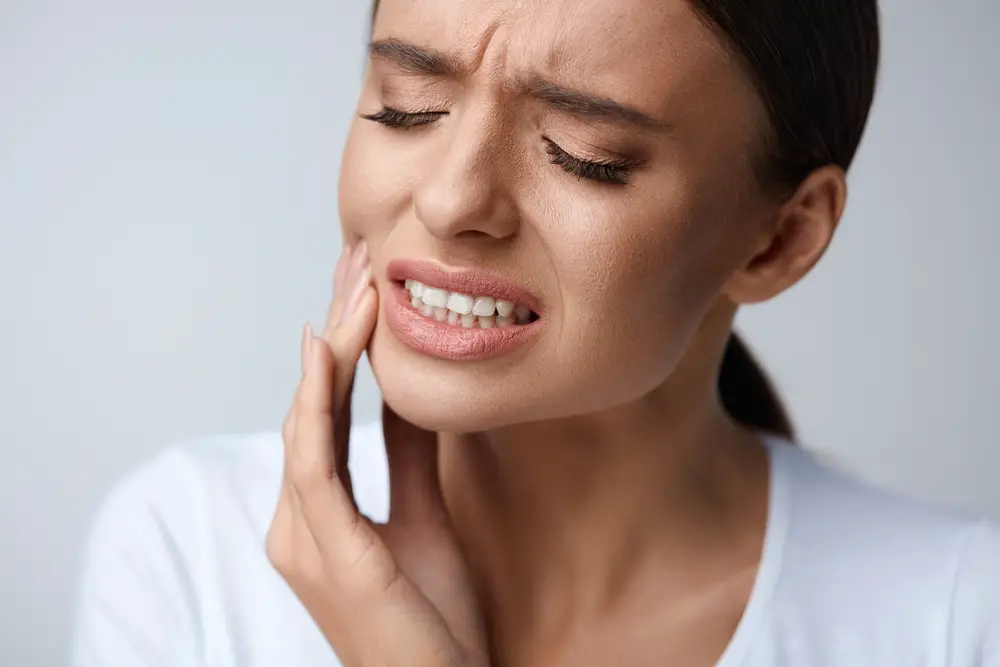
Tooth pain can be a real nuisance, especially when it comes on unexpectedly and then disappears just as quickly. Here are a few things to keep in mind when trying to understand tooth pain.
Temporary Tooth Sensitivity
If you experience a brief, sharp pain in your tooth when eating or drinking something hot, cold, or sweet, you may have temporary tooth sensitivity. This is a common condition that occurs when the enamel on your teeth wears down, exposing the sensitive nerves underneath. You can alleviate the pain by using a toothpaste designed for sensitive teeth or avoiding the offending food or drink.
Random Toothache
If your tooth pain is more persistent and seems to come and go at random, you may have a more serious issue. Tooth decay, gum disease, or an abscess can all cause tooth pain that doesn’t go away on its own. If you experience tooth pain that lasts for more than a few days, it’s important to see a dentist to determine the underlying cause and get appropriate treatment.
Remember, tooth pain is your body’s way of telling you that something is wrong. Don’t ignore it, even if it seems to go away on its own. With proper care and attention, you can keep your teeth healthy and pain-free.
Common Causes of Tooth Pain
Tooth pain can be a frustrating experience, especially when it comes and goes without warning. Here are some of the most common causes of tooth pain:
Dental Decay
Dental decay, also known as cavities, is a common cause of tooth pain. When bacteria in your mouth produce acid, it can break down the enamel on your teeth, leading to cavities. If left untreated, cavities can lead to more serious dental problems, such as infections and abscesses.
Gum Disease
Gum disease, also known as periodontitis, is another common cause of tooth pain. When plaque builds up on your teeth and gums, it can lead to inflammation and infection. This can cause your gums to pull away from your teeth, exposing the roots and causing tooth sensitivity and pain.
Teeth Grinding
Teeth grinding, also known as bruxism, can cause tooth pain and sensitivity. When you grind your teeth, it can wear down the enamel and cause your teeth to become more sensitive to hot and cold temperatures. Over time, teeth grinding can also lead to cracks and fractures in your teeth, which can cause even more pain.
If you are experiencing tooth pain, it is important to see your dentist as soon as possible. They can help diagnose the cause of your pain and recommend the best treatment options for you.
How Pain Comes and Goes
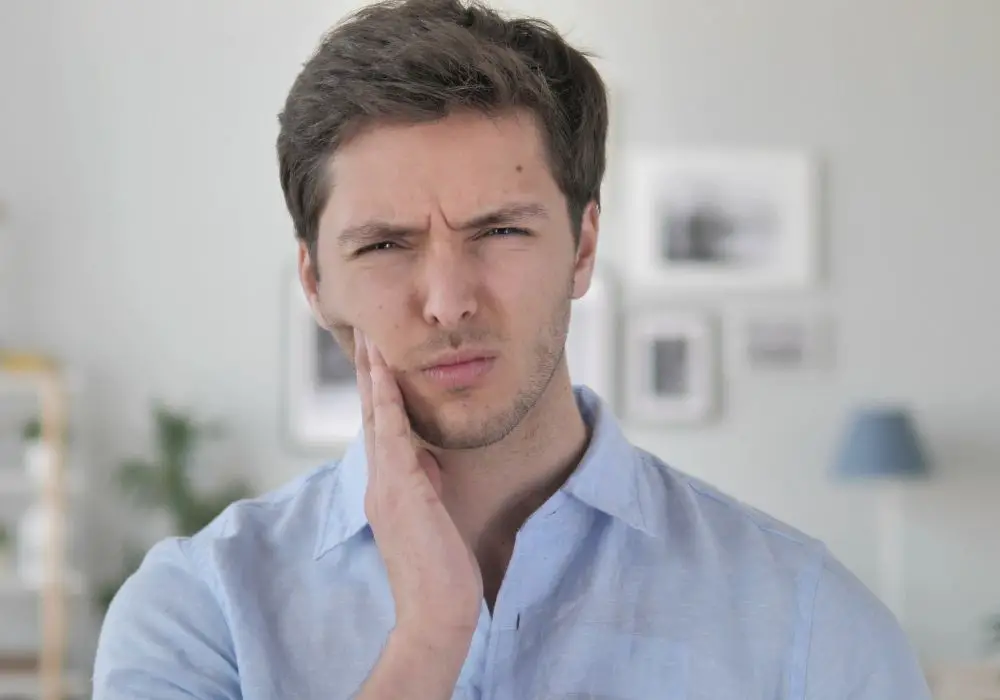
Effect of Temperature
Changes in temperature can cause teeth to hurt. Drinking something cold or hot can trigger pain in the teeth. The sudden temperature change causes the tooth to expand or contract, which can irritate the nerves in the tooth. Teeth sensitivity can also be caused by the loss of enamel or gum recession.
Impact of Pressure
Applying pressure to teeth can cause pain. Grinding or clenching teeth can cause the teeth to become sensitive. This can lead to pain that comes and goes. The pressure can also cause cracks or fractures in the teeth, which can lead to more pain.
Role of Inflammation
Inflammation can also cause pain in the teeth. Inflammation can be caused by gum disease, tooth decay, or an infection. The inflammation can cause pain that comes and goes. The pain may be more severe when biting down or when pressure is applied to the tooth.
It is important to see a dentist if you experience tooth pain that comes and goes. The dentist can determine the cause of the pain and recommend the appropriate treatment.
Preventing Random Tooth Pain
Proper Oral Hygiene
Maintaining proper oral hygiene is essential for preventing random tooth pain. Brush your teeth twice a day with fluoride toothpaste and floss at least once a day. Use mouthwash to kill bacteria and freshen your breath. Avoid brushing too hard as it can damage your teeth and gums.
Regular Dental Check-ups
Regular dental check-ups are crucial for identifying and treating dental problems early on. Schedule a dental cleaning and check-up every six months. Your dentist will examine your teeth and gums, take X-rays if necessary, and recommend treatments if needed.
Healthy Diet
Eating a healthy diet is vital for maintaining good oral health. Avoid sugary and acidic foods and drinks that can erode your tooth enamel and cause cavities. Instead, eat a balanced diet that includes fruits, vegetables, whole grains, and lean proteins. Drink plenty of water to keep your mouth hydrated and wash away food particles.
By following these simple steps, you can prevent random tooth pain and maintain good oral health. Remember to brush and floss regularly, visit your dentist regularly, and eat a healthy diet.
When to See a Dentist
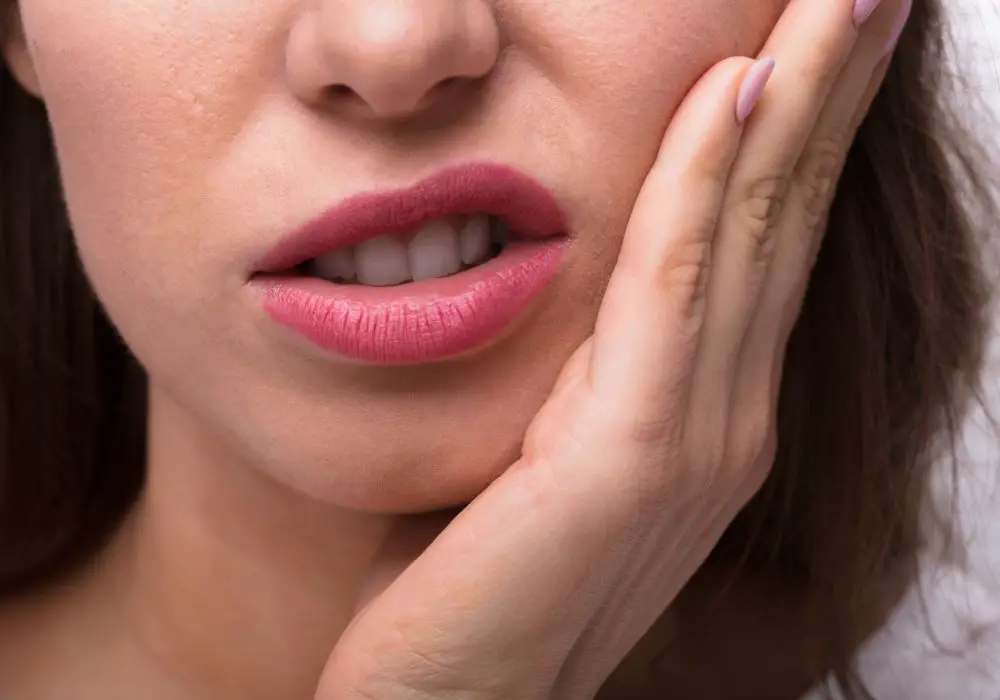
If you experience tooth pain that randomly comes and goes, it’s important to know when to see a dentist. Here are some guidelines to help you determine when it’s time to make an appointment.
Persistent Pain
If you’re experiencing persistent tooth pain, it’s time to see a dentist. This could be a sign of tooth decay, a cracked tooth, or an infection. Ignoring persistent pain can lead to more serious dental problems, so it’s important to get it checked out as soon as possible.
Severe Pain
If you’re experiencing severe tooth pain, it’s important to see a dentist right away. This could be a sign of a dental emergency, such as an abscessed tooth or a severe infection. Severe pain can also be a sign of a more serious underlying condition, so it’s important to get it checked out as soon as possible.
Accompanied Symptoms
If your tooth pain is accompanied by other symptoms, such as fever, swelling, or bleeding, it’s important to see a dentist right away. These symptoms can be a sign of a more serious dental problem, such as gum disease or an abscessed tooth. Ignoring these symptoms can lead to more serious dental problems, so it’s important to get them checked out as soon as possible.
In general, if you’re experiencing tooth pain that randomly comes and goes, it’s important to see a dentist to determine the underlying cause. Ignoring tooth pain can lead to more serious dental problems, so it’s important to get it checked out as soon as possible.
Frequently Asked Questions
Why do all my teeth hurt suddenly?
There are several reasons why all your teeth might hurt suddenly. It could be due to gum disease, weak enamel, cavities, tooth grinding, TMJ syndrome, or sinusitis. It’s best to see a dentist to determine the underlying cause and receive proper treatment.
Tooth stopped hurting after antibiotics?
If your tooth pain went away after taking antibiotics, it could be a sign of an infection. However, it’s important to note that antibiotics only treat the symptoms and not the underlying cause. It’s still necessary to see a dentist to determine the root cause of the infection and receive proper treatment.
Why do my front teeth hurt all of a sudden?
Front teeth may hurt suddenly due to tooth decay, gum disease, or injury. Sometimes, it could be due to teeth grinding or clenching. A dentist can examine the teeth and determine the underlying cause of the pain.
Toothache goes away when I stand up?
If your toothache goes away when you stand up, it could be due to sinus pressure. Sinus pressure can cause tooth pain and headaches. It’s best to see a doctor to determine the underlying cause of the sinus pressure and receive proper treatment.
Will a rotten tooth eventually stop hurting?
A rotten tooth will not stop hurting on its own. The pain may subside temporarily, but it will return. It’s important to see a dentist as soon as possible to treat the decay before it causes further damage.
Is it normal for teeth to hurt every now and then?
It’s not normal for teeth to hurt every now and then. Tooth pain could be a sign of an underlying condition that requires treatment. It’s best to see a dentist if you experience tooth pain to determine the underlying cause and receive proper treatment.


